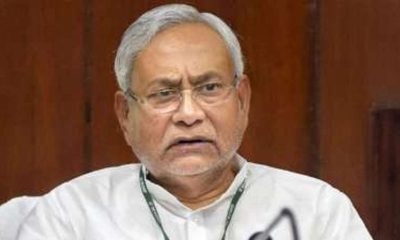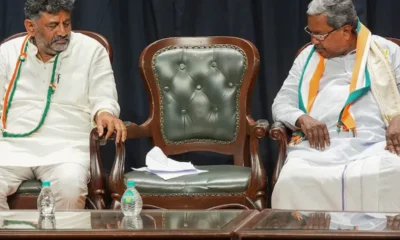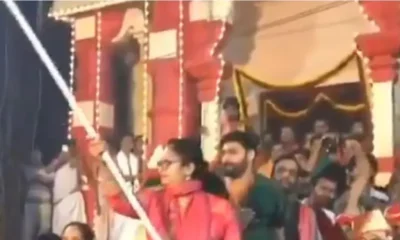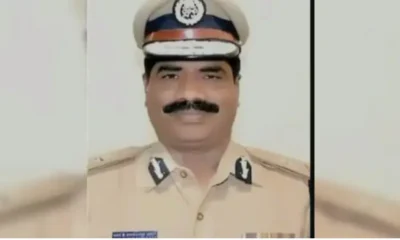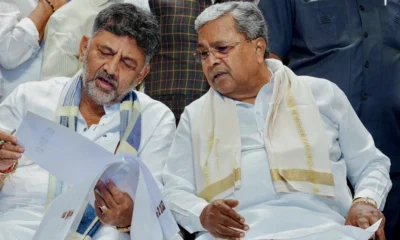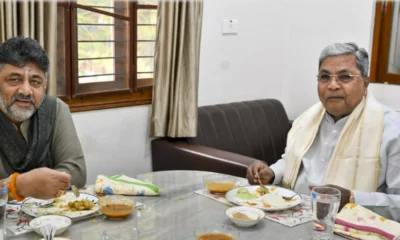India News
With post-victory schemes, Karnataka takes DBT route like TN, Telangana, AP
Chief Minister Siddaramaiah said the government will spend Rs 50,000 crore annually to fulfill the guarantees. He said his government is confident of implementing all five guarantees.
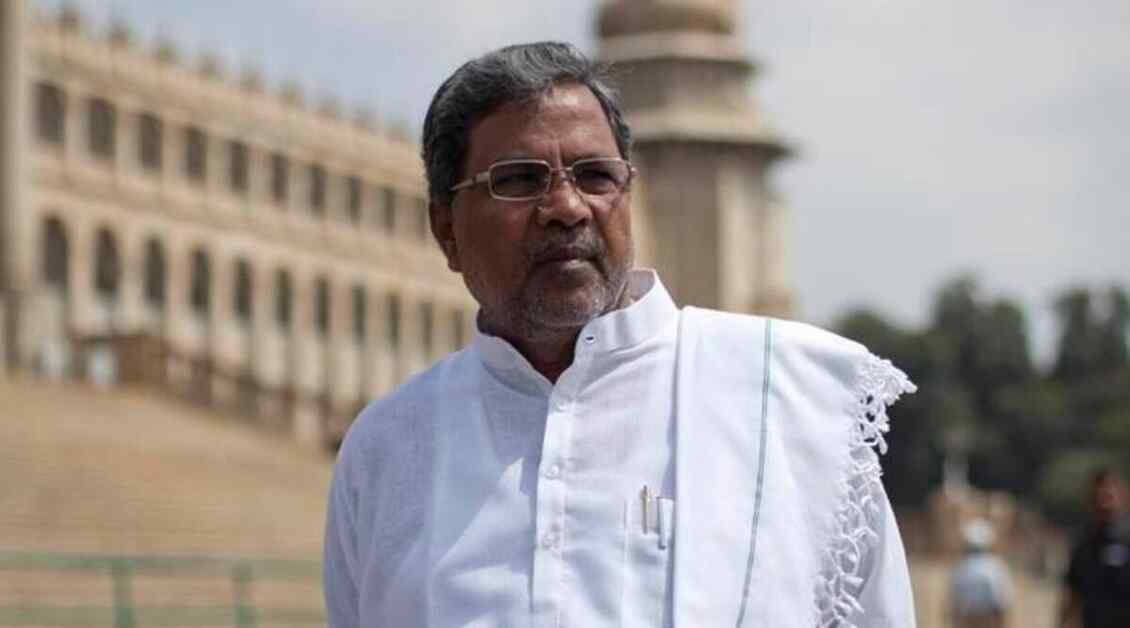
India News
Manipur Assembly to meet at 4 pm today, floor test likely under new chief minister
The Manipur Legislative Assembly will convene at 4 pm today, with a floor test likely as the new chief minister seeks to prove his majority in the House.
India News
PM Modi skips Lok Sabha reply as protests force repeated adjournments
PM Modi did not deliver his Lok Sabha reply today after sustained Opposition protests led to repeated adjournments over a dispute involving Rahul Gandhi’s proposed speech.
India News
President’s Rule revoked in Manipur as NDA set to form new government
President’s Rule has been withdrawn in Manipur nearly a year after its imposition, paving the way for a new NDA-led government under Yumnam Khemchand Singh.
-

 India News22 hours ago
India News22 hours agoPM Modi skips Lok Sabha reply as protests force repeated adjournments
-

 Latest world news8 hours ago
Latest world news8 hours agoPakistan faces domestic backlash after India secures lower tariffs in US trade deal
-

 Latest world news9 hours ago
Latest world news9 hours agoNew Delhi free to buy oil from any source, Russia says amid US deal claims
-

 Cricket news8 hours ago
Cricket news8 hours agoPakistan PM Shehbaz Sharif confirms boycott of India match at T20 World Cup
-

 India News4 hours ago
India News4 hours agoManipur Assembly to meet at 4 pm today, floor test likely under new chief minister

